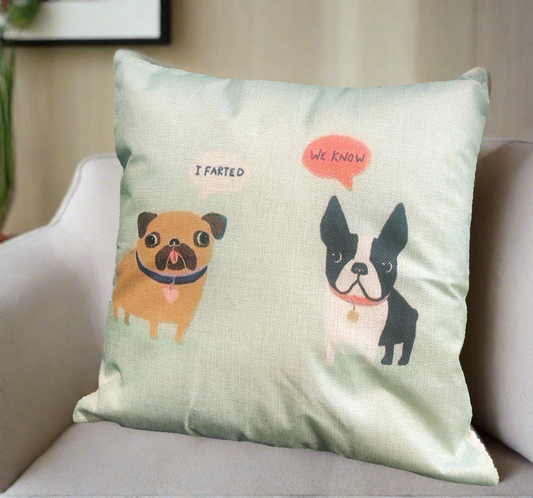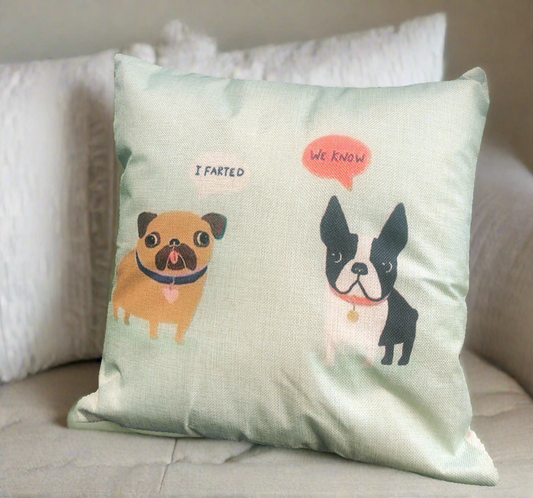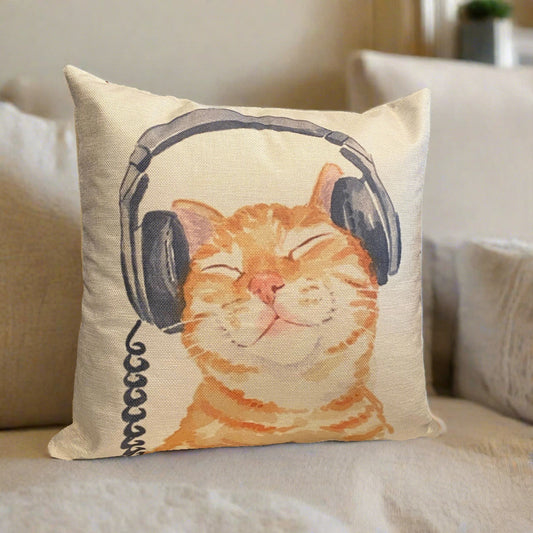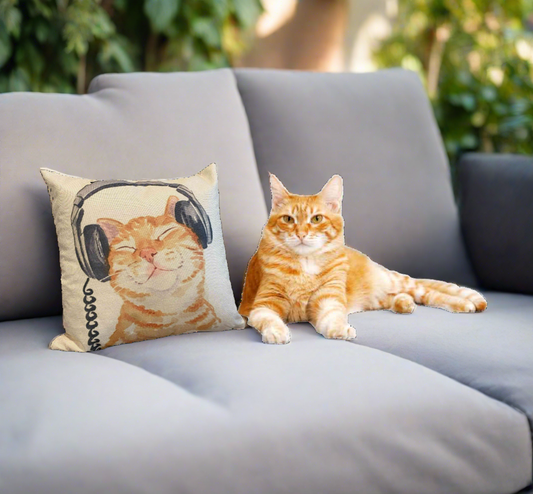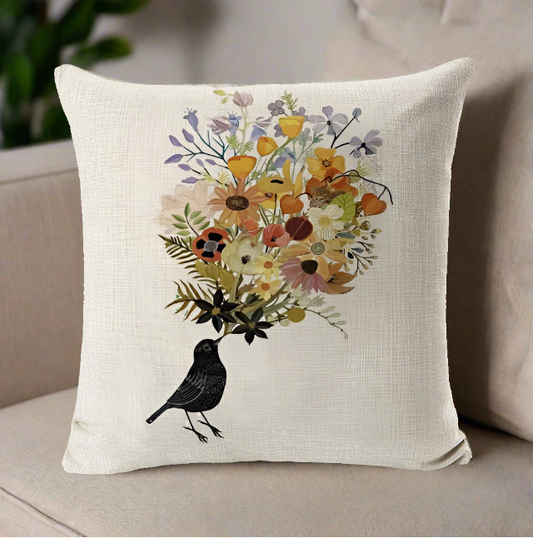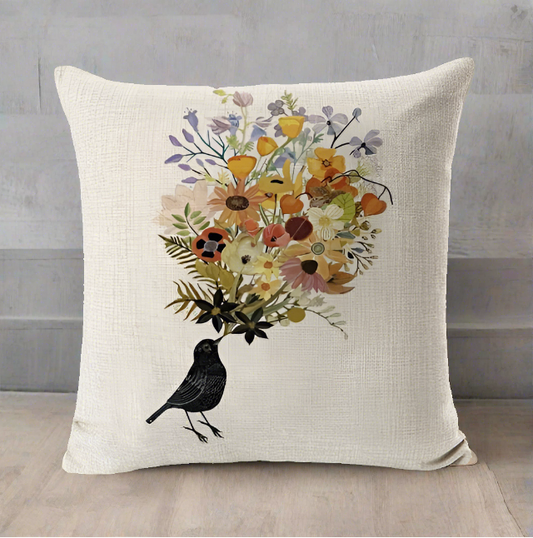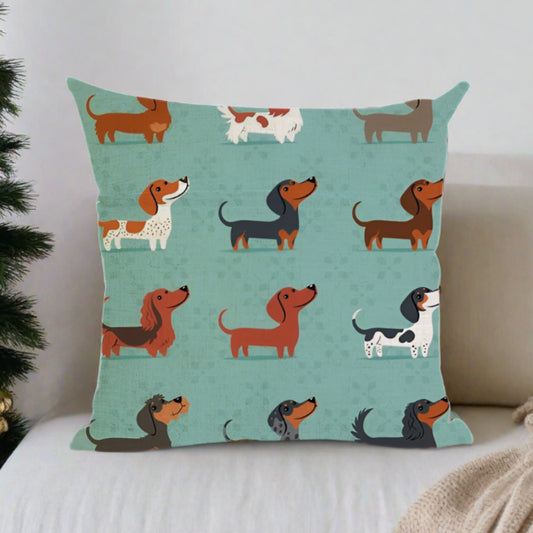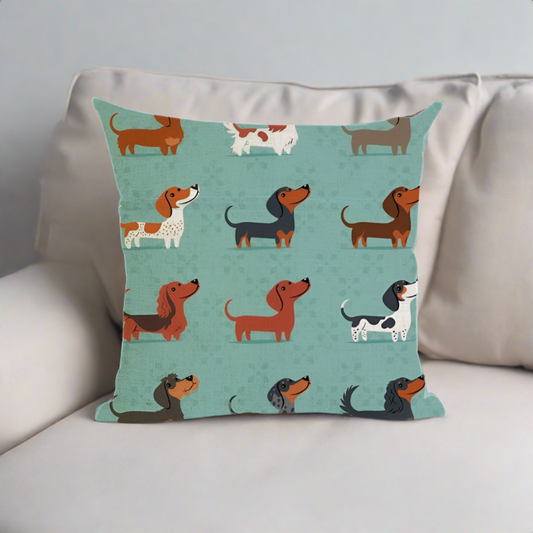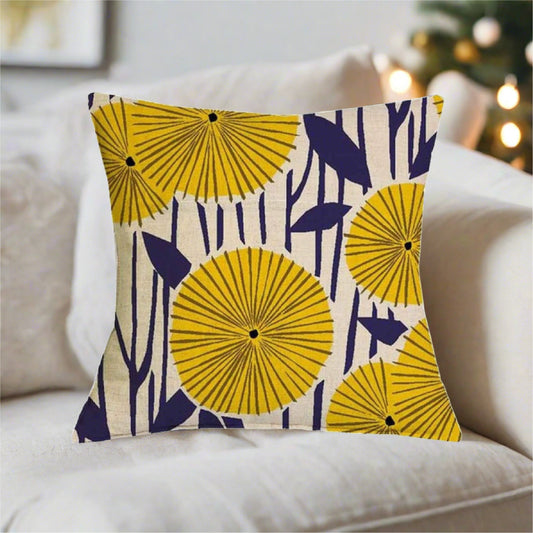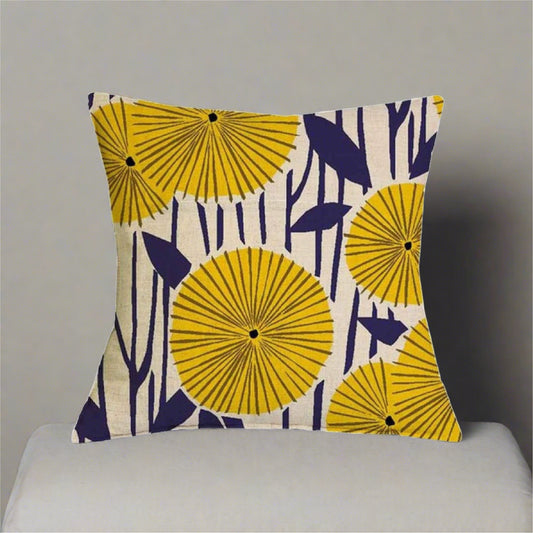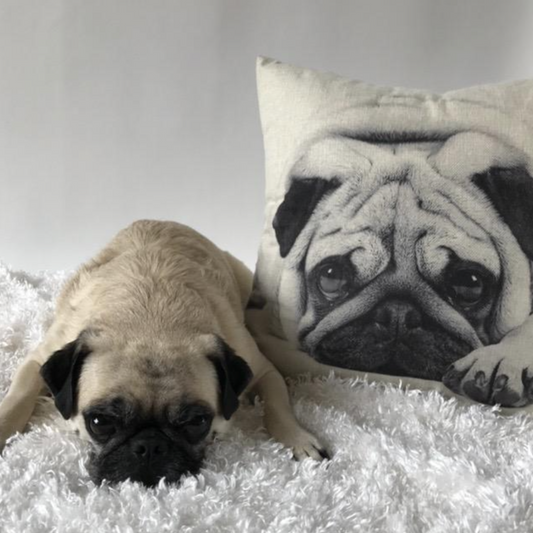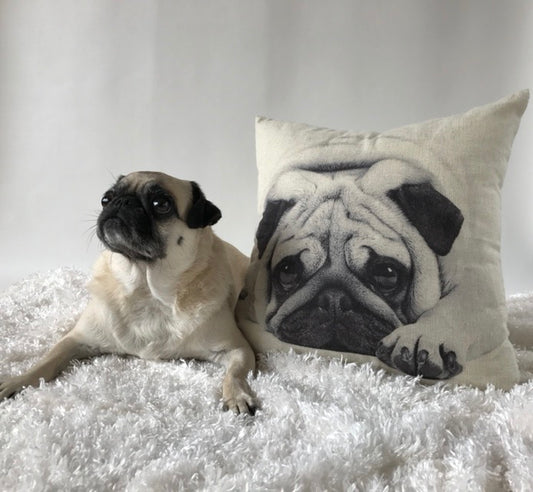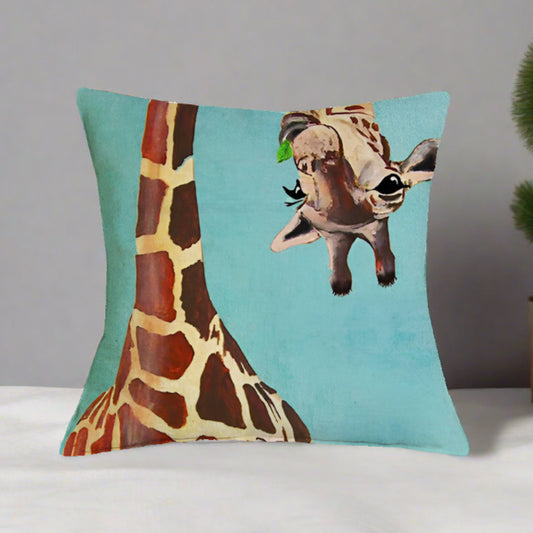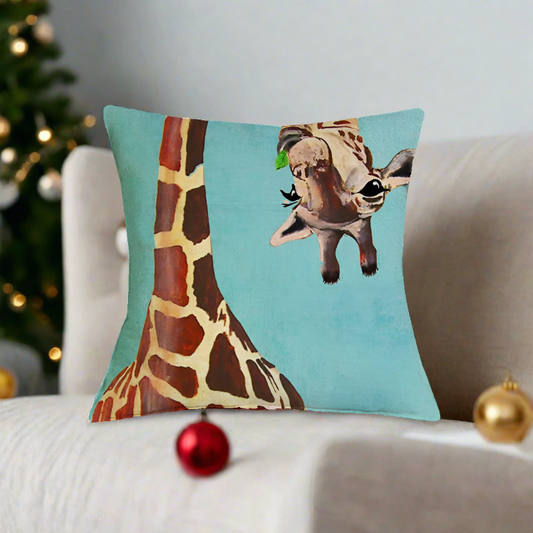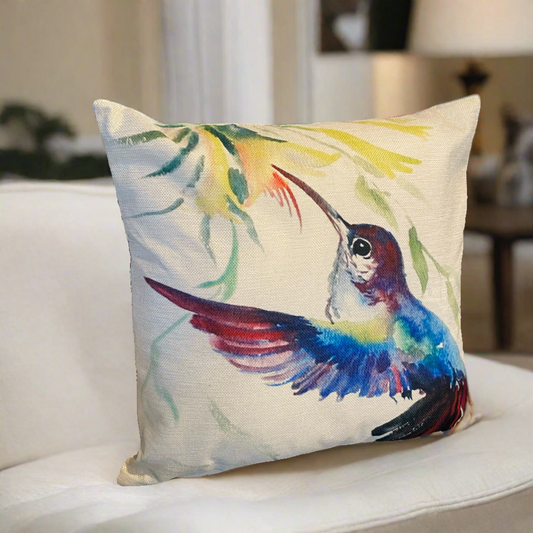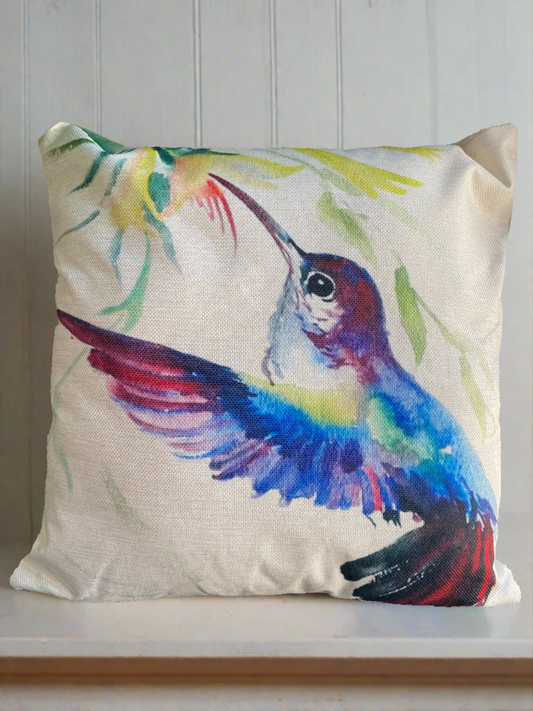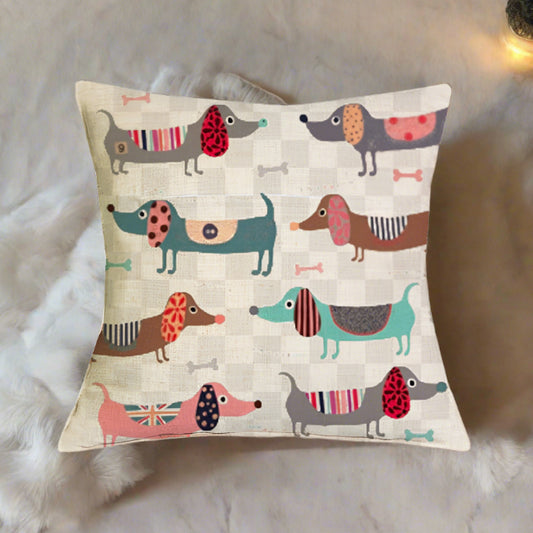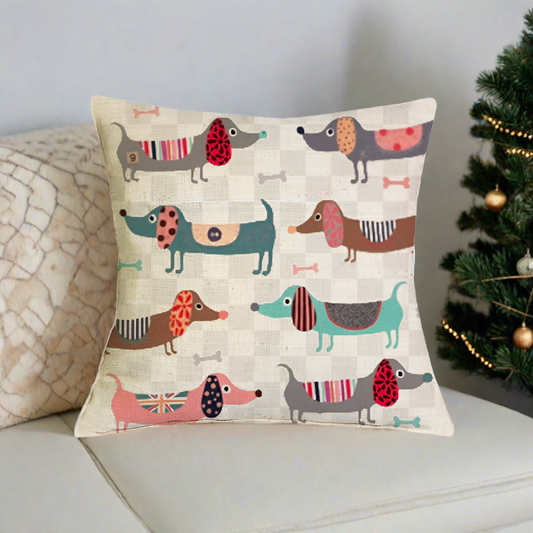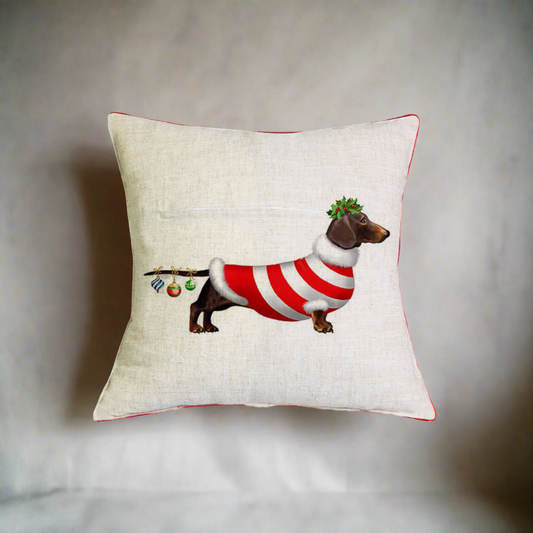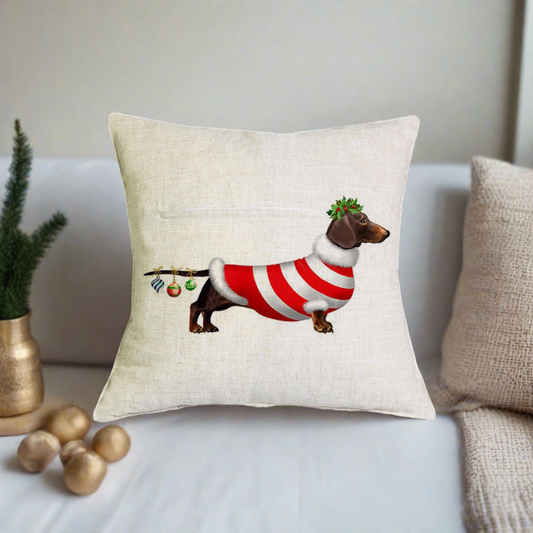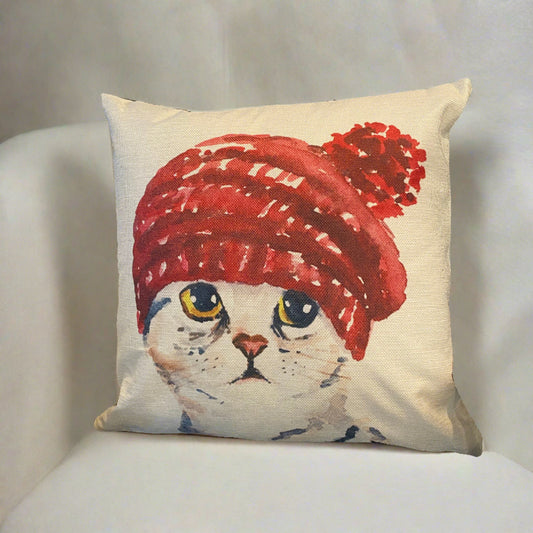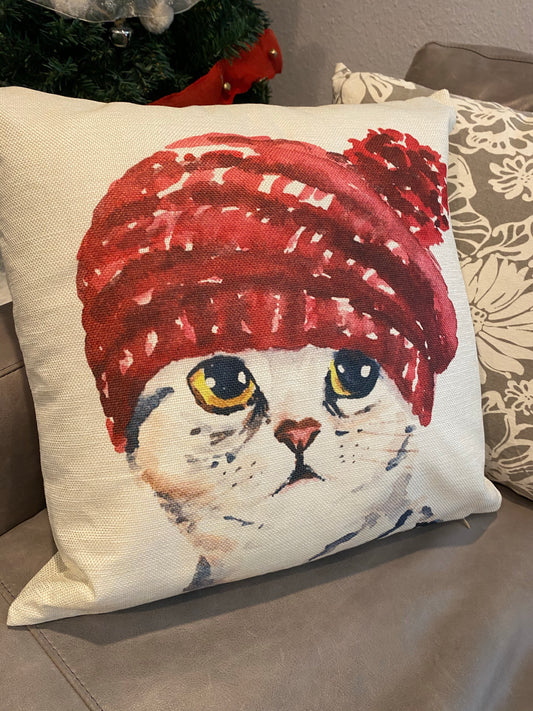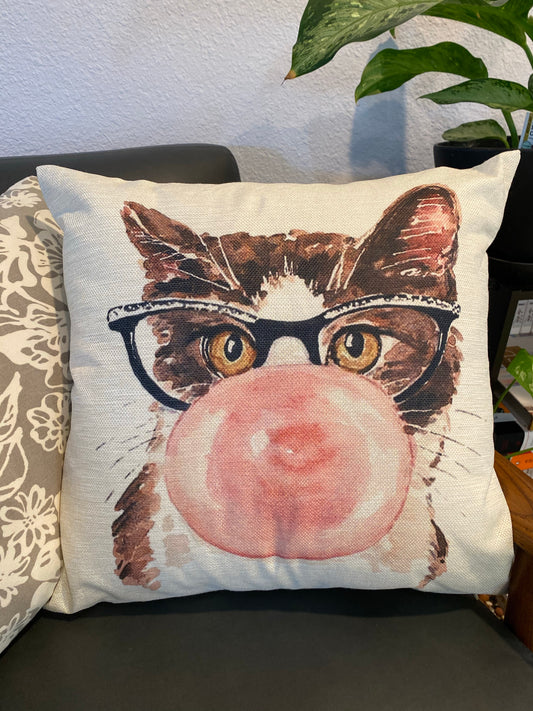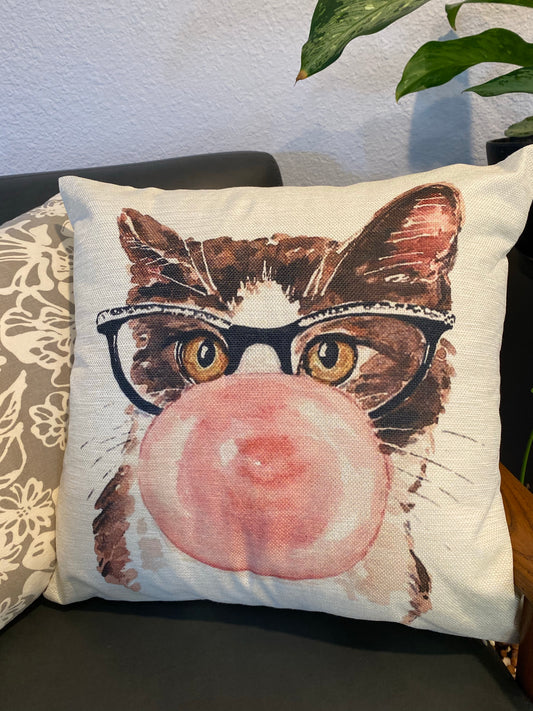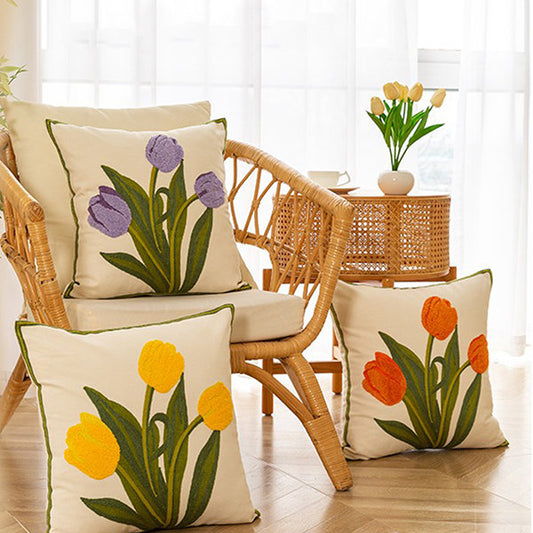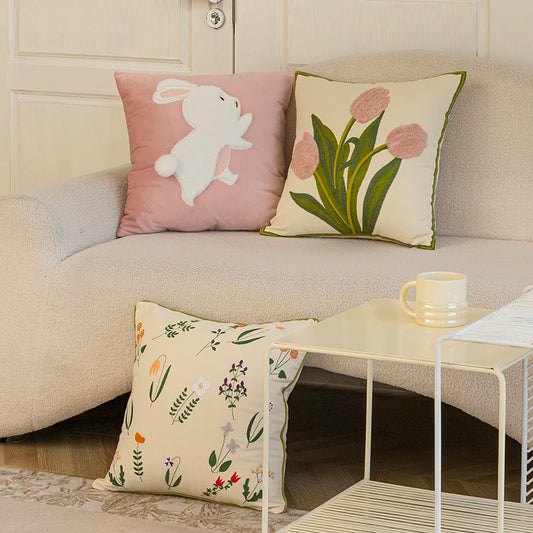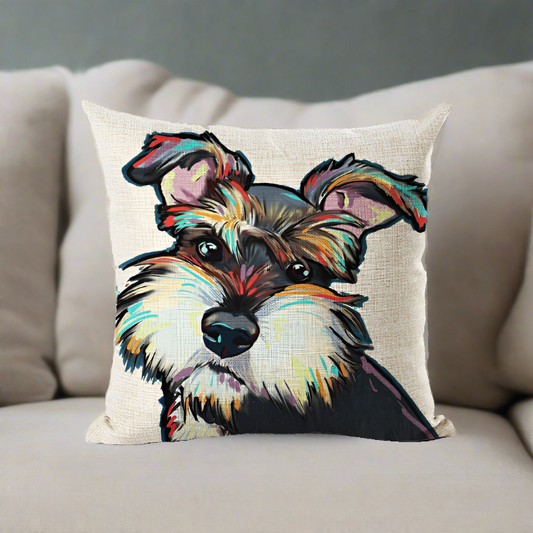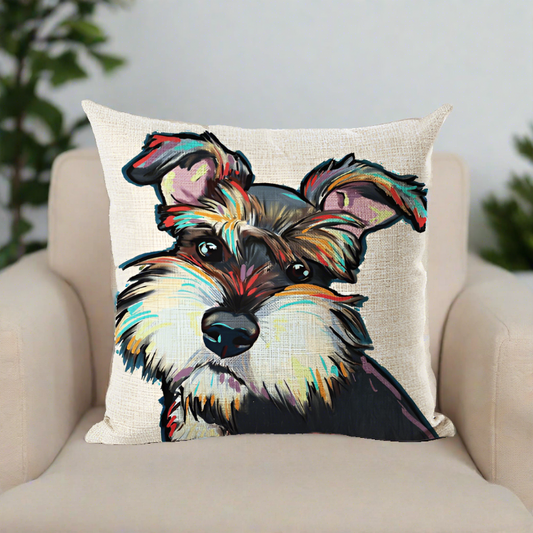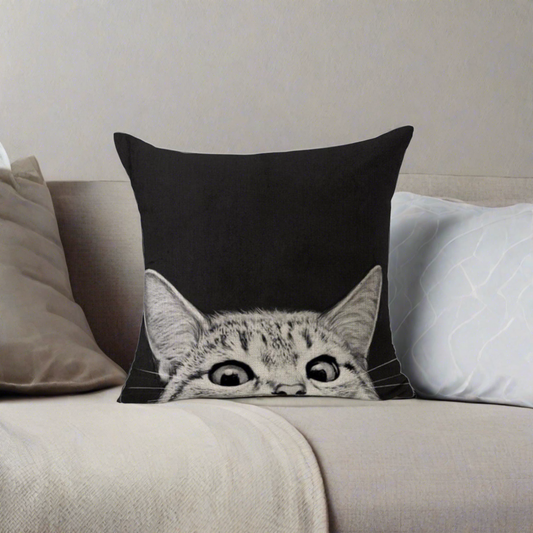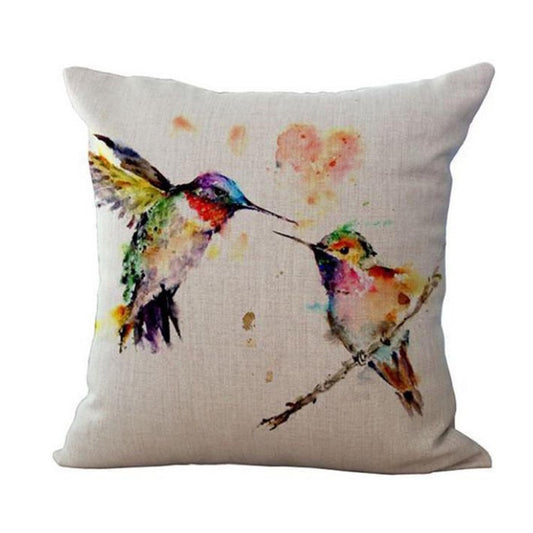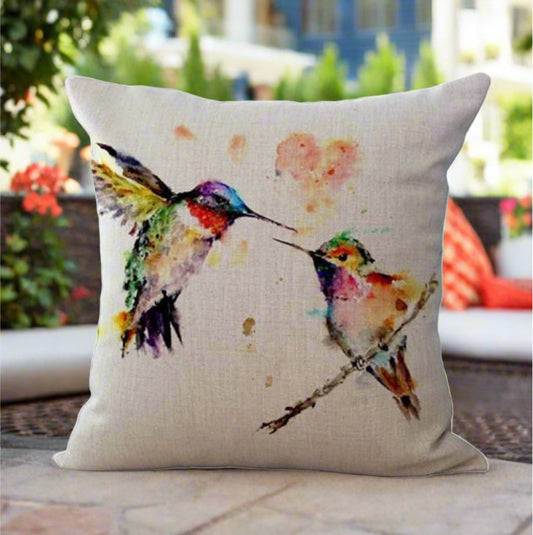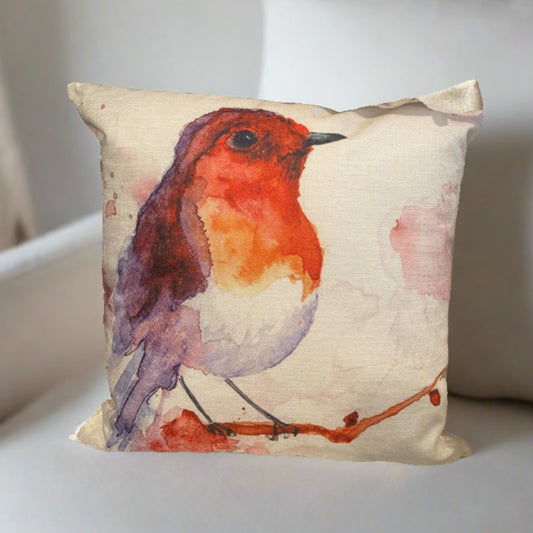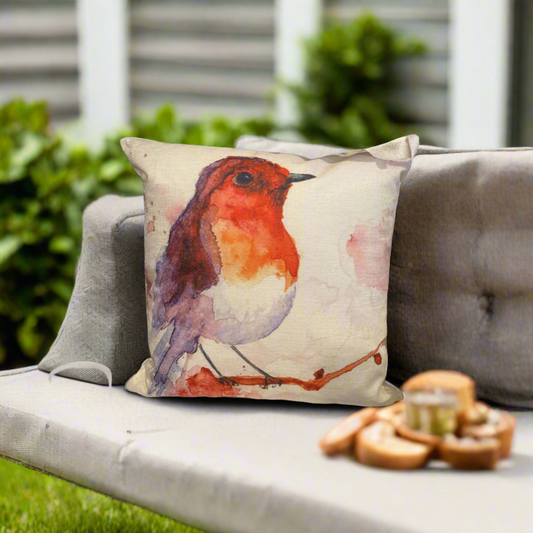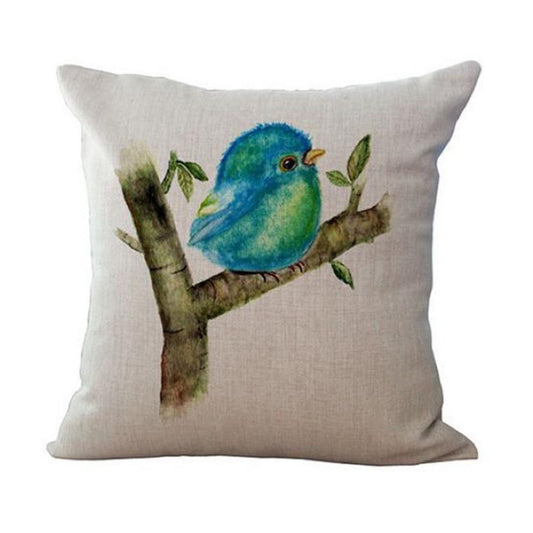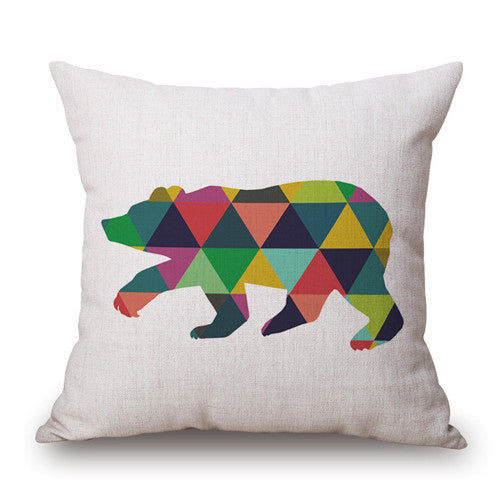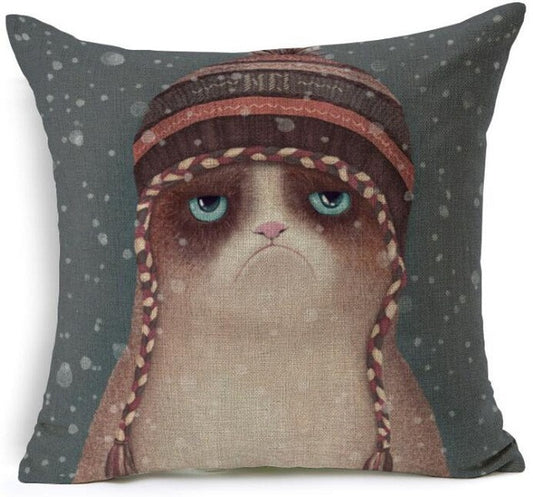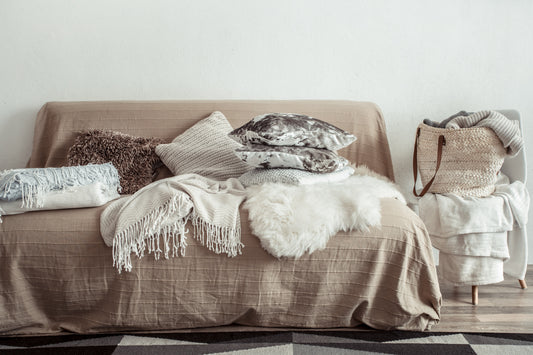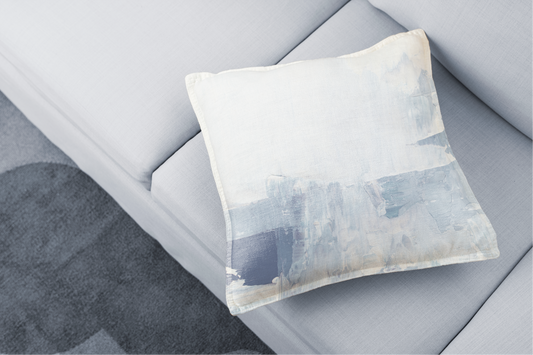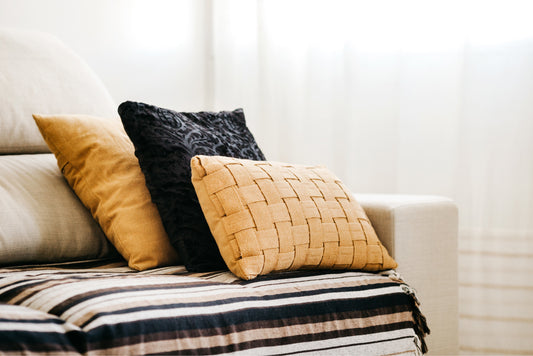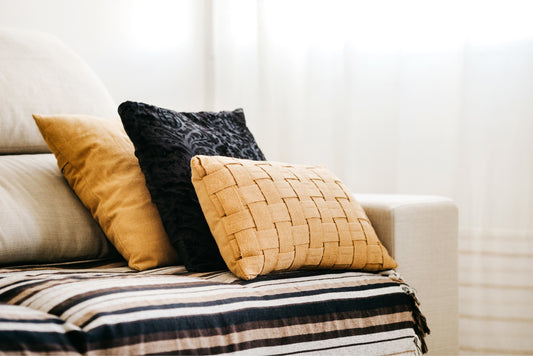Let's delve into the topic and understand the various aspects involved.
Understanding the Cat's Comfort
When it comes to a cat's physical comfort, personal space plays a crucial role. Cats are known for their independent nature and need a designated area where they can retreat to recharge and relax. Ignoring their need for personal space can lead to discomfort and stress.
Recognizing the signs of discomfort in cats is essential. Pay attention to their body language, such as flattened ears, a twitching tail, or dilated pupils. These are clear indications that your feline companion might be feeling uneasy or anxious.
Another important aspect of a cat's comfort is providing them with proper scratching posts. Cats have a natural instinct to scratch to maintain their claws and mark their territory. By offering sturdy and appropriate scratching posts, you can help prevent your furniture from becoming the unintended victim of your cat's scratching habits.
Additionally, creating vertical spaces in your home can greatly contribute to your cat's comfort. Cats love to climb and perch on high vantage points to observe their surroundings. Providing cat trees or shelves can give your feline friend the opportunity to satisfy their climbing instincts and feel secure in their environment.
Health Implications for Humans
While using your cat as a pillow might seem like a cozy arrangement, it's essential to consider the potential health implications for humans. Allergies and reactions can occur, especially for individuals who are sensitive to pet dander. It's crucial to be aware of any allergies you or your family members might have before cozying up to your kitty.
Zoonotic diseases, which can be transmitted from animals to humans, are another concern. Although the risk is relatively low, it's important to maintain proper hygiene and cleanliness to minimize the chances of contracting any diseases.
Furthermore, it's worth noting that cats can carry certain parasites that may pose a risk to human health. For example, Toxoplasma gondii, a parasite found in cat feces, can cause toxoplasmosis in humans. Pregnant women and individuals with weakened immune systems are particularly vulnerable to this infection, which can lead to flu-like symptoms and potentially serious complications.
Additionally, close contact with cats can sometimes result in scratches or bites, which may lead to bacterial infections. Cat scratch disease, caused by the bacterium Bartonella henselae, can result in swollen lymph nodes, fever, and overall discomfort. Proper wound care and seeking medical attention if you experience these symptoms are crucial in preventing complications.
The Cat's Health Considerations
Using your cat as a pillow can have potential health implications for your feline friend as well. Cats are agile and graceful creatures, but accidents can happen. Placing your weight on them while they're sleeping can lead to injuries, such as broken bones or sprains.
Stress and anxiety are also common concerns in cats. Prolonged forced contact can cause your cat to feel trapped and anxious. It's crucial to provide them with ample opportunities to have their own space and retreat when they desire.In addition to physical injuries, using your cat as a pillow can also affect their mental well-being. Cats are independent animals that value their personal space. When they are used as pillows, they may feel a loss of control over their environment, leading to stress and behavioral issues.
Furthermore, cats are known for their grooming habits, and using them as a pillow can disrupt their grooming routine. Cats spend a significant amount of time grooming themselves to regulate body temperature, clean their fur, and relax. Disrupting this routine can lead to skin problems and discomfort for your cat.
Alternatives to Using Your Cat as a Pillow
If you're looking for a cozy cuddling experience with your cat without compromising their well-being, there are alternatives to consider. Pet-friendly pillows and bedding designed specifically for cats can provide them with a comfortable spot of their own while still allowing you to snuggle up alongside them.
Another option is to train your cat for comfortable co-sleeping. Positive reinforcement techniques and gradual acclimation can help your feline companion associate bedtime with a cozy and safe space, reducing the chances of anxiety and discomfort.
Creating a designated cat-friendly sleeping area in your home can also be a great alternative to using your cat as a pillow. This area can be equipped with a soft and warm cat bed, cozy blankets, and maybe even a few of your cat's favorite toys to make it a welcoming space for them to relax and unwind.
Additionally, engaging in interactive play sessions with your cat before bedtime can help tire them out and encourage a more restful night's sleep. Activities like feather wand toys, laser pointers, or puzzle feeders can provide mental and physical stimulation, making your cat more likely to settle down peacefully when it's time to hit the hay.




